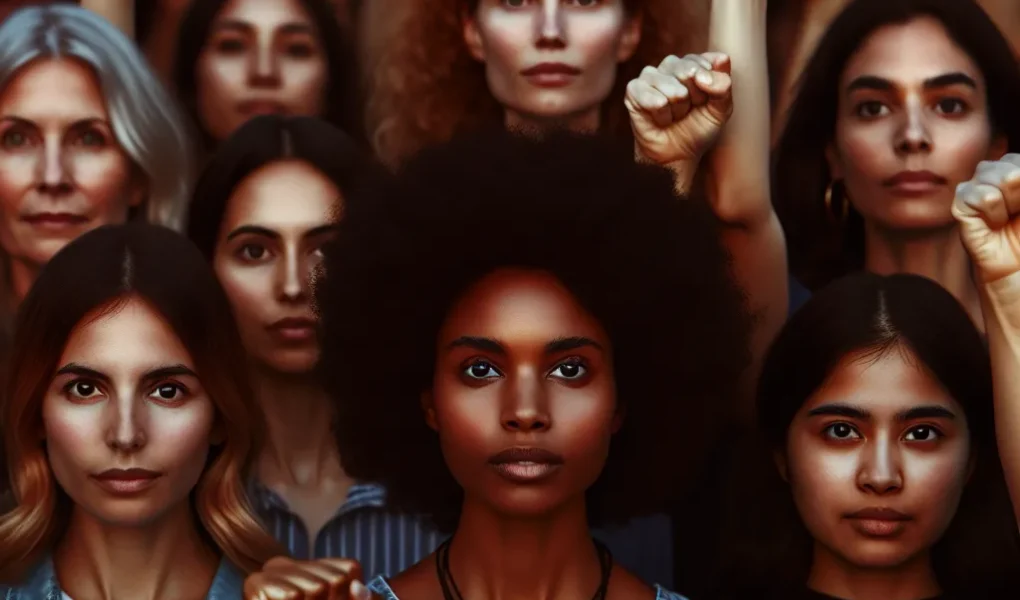Breaking Barriers: Women’s Empowerment and Leadership
Women’s empowerment movements have been instrumental in breaking barriers and promoting leadership roles for women across various spheres of society. These movements have played a significant role in challenging traditional gender norms and fostering a more inclusive and diverse environment for women to thrive in leadership positions.
Breaking barriers in women’s empowerment involves dismantling systemic obstacles that have historically impeded women from assuming leadership roles. This includes addressing issues such as gender bias, unequal pay, limited access to education, and lack of representation in decision-making processes.
Through advocacy, education, and grassroots efforts, women’s empowerment movements have made strides in reshaping societal perceptions of women’s capabilities and potential. By promoting a more equitable and supportive framework, these movements have paved the way for women to ascend to leadership positions in politics, business, academia, and other areas.
Moreover, by redefining traditional notions of leadership and emphasizing the value of diverse perspectives, women’s empowerment movements have enriched the leadership landscape with innovative ideas and a more holistic approach to addressing complex challenges.
As we continue to witness the transformative impact of women’s empowerment movements, it becomes evident that breaking barriers and promoting women’s leadership not only benefits individuals but also contributes to the overall progress and prosperity of society as a whole.
Challenging Norms: Redefining Gender Roles in Society
Empowerment movements for women have been instrumental in challenging the traditional gender norms and redefining gender roles in society. These movements have sparked conversations about the limitations and expectations placed on women, paving the way for a more inclusive and diverse understanding of gender. By challenging norms, women’s empowerment movements have enabled women to break free from societal constraints and pursue opportunities that were once considered exclusive to men.
One of the key aspects of redefining gender roles in society is the emphasis on dismantling the stereotypes and biases that have long dictated the expected behavior and capabilities of men and women. Women’s empowerment movements have highlighted the importance of equality and inclusivity, advocating for a society where individuals are not confined by traditional gender roles.
Furthermore, these movements have played a pivotal role in promoting the idea that both men and women can contribute to all aspects of society, regardless of their gender. This shift in mindset has led to a more progressive and accepting environment where individuals are encouraged to pursue their passions and interests without being limited by their gender.
In essence, women’s empowerment movements are redefining gender roles by challenging the status quo, advocating for equality, and promoting a more inclusive society where individuals are free to express themselves and pursue their goals regardless of their gender.
Impact and Progress: Women’s Empowerment Movements Around the World
Women’s empowerment movements around the world have made significant impact and progress in recent years, redefining traditional gender roles and advancing gender equality. These movements have gained momentum in various parts of the globe, addressing issues such as access to education, healthcare, political representation, and economic opportunities for women. In India, for example, the women’s empowerment movement has led to extensive advocacy for legal reforms and social programs aimed at improving women’s rights and livelihoods.
In Africa, women’s empowerment movements are challenging deep-rooted cultural and societal norms, aiming to eradicate practices such as female genital mutilation and child marriage. Grassroots organizations and international alliances have been instrumental in bringing these issues to the forefront and driving meaningful change. Additionally, the #MeToo movement, which originated in the United States, has reverberated globally, sparking conversations about sexual harassment and the abuse of power in various industries worldwide.
Despite the progress, challenges persist, and women’s empowerment movements continue to push for systemic changes. The push for equal pay, representation in leadership roles, and the eradication of gender-based violence remains central to these efforts. The impact of these movements is undeniable, as evidenced by the increasing number of women in positions of leadership and the growing recognition of women’s rights as human rights on the global stage.
As these movements evolve, it is crucial to recognize the diverse contexts in which they operate and the intersectionality of issues such as race, class, and sexual orientation. By amplifying the voices of marginalized women and embracing inclusivity, women’s empowerment movements can achieve more profound and lasting impact, ultimately reshaping societies for the better.



